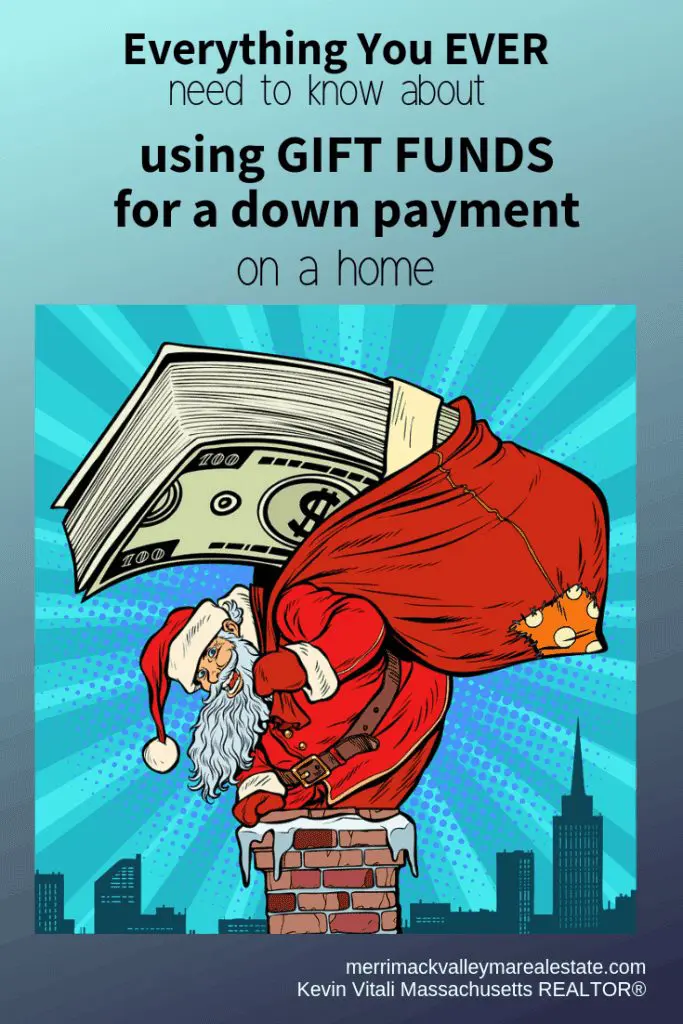Buying a house is one of the most expensive purchases most people will ever make. The total price can be staggering, but it’s paid out over many months, so it feels more doable. But on closing day, you’ll be hit with quite a few upfront fees and costs that need to be in your budget.
Many buyers aren’t aware of the “sticker shock” of all the extra fees that come due at closing. These average out to roughly 3% to 4% of the home price. It might not sound like a lot of money. But on a $200,000 house, that’s an additional $6,000 to $8,000 that you’ll need to have available.
Luckily, there are some strategies that you can use to save on closing costs as a buyer.

Compare Costs
Within three business days after you apply for a loan, your lender must send you a Loan Estimate Form. This is an itemized report that shows all of the closing costs for your mortgage. Some lenders might even give you this before you apply for a loan.
You can use this form to “comparison shop” amongst multiple lenders; you don’t have to apply to just one. Compare their different fees, and you’ll find the one that works best for you.
When you find an offer you like, use it as leverage with other lenders. With a Loan Estimate Form backing you up, you can negotiate some of the fees with other lenders. Once they know you are shopping for a mortgage, they’ll be more likely to offer savings.
Shop Around Where PossibleHow To Save On Closing Costs As A Buyer
Pay special attention to Section C of the Loan Estimate Form: “Services You Can Shop For.” These are ancillary services required by your lender. And they’ll have fees listed according to their preferred providers.
However, you don’t have to use their recommended vendors. Instead, you can (and should) shop around for better prices. You can ask family, friends, and even your Realtor for recommendations. You can also look online, using professional organizations such as the American Society of Home Inspectors (ASHI).
Here are the services you can shop around for:
- Home inspection
- Survey
- Title search
- Title insurance binder
- Lender’s title policy
- Settlement agent (also called an escrow agent or closing agent)
The two priciest items on this list are the title search and the settlement agent, so those are the ones where you stand to save the most money.
Ask the Seller for Help
Every local market is different, so it’s important to understand the real estate trends in your area. But in a slower market, buyers have the upper hand. You can use this to your advantage and ask sellers to help cover some of the closing costs.
A seller might be willing to lower the sale price, for example, to help with closing costs. Or they may be willing to help pay for some of the costs out of the proceeds of their sale. You can make this more palatable to the seller by combining this request with other elements of your offer. For example, you can ask the seller to help pay for closing costs in exchange for waiving contingencies or offering a more flexible closing date.
Of course, if the market is hot and the seller is receiving multiple offers, your request will likely be denied. Talk to your Realtor about the local market and your chances of success with this cost-cutting strategy.
Think Twice About Points
Mortgage points, also known as discount points, are fees you pay in exchange for a lower interest rate on your mortgage loan. The lower interest rate will then reduce your monthly payment.
Depending on the amount, you can save hundreds of dollars each year on your mortgage payment. Over the life of the loan, that can add up to tens thousands of dollars.
While this may seem like a great way to save a lot of money, there are a couple of instances where buying discount points won’t make financial sense.
First, if you’re planning on moving out of the house soon, you might not save enough. Say you spend $3,000 on points and save $50 per month. You’d have to stay in your house for 60 months, which is five years, if you want to break even. If you move before then, the money spent on points won’t be worth it.
You might also want to reconsider buying points when mortgage rates are already low. Since your interest payments are going to be lower than the norm, the points might not make enough of a difference to be worth the money you’ll have to spend upfront.
Consider a No-Cost Mortgage to Save on Closing Costs
It is possible to get what’s known as a no-cost mortgage. But that term is slightly misleading. The loan does have closing costs, you just don’t have to pay them upfront. Instead, the lender will give you credit for the closing costs in exchange for a higher interest rate.
This can be helpful if the down payment and moving fees have left you strapped for cash. But, that higher interest rate will raise your monthly payment. Throughout your mortgage, it can end up being much more expensive than simply paying the closing costs.
This is an option to consider only if you have no other recourse. Try to avoid it if at all possible, but know that it’s an option if necessary.
Delay Closing
One of your many closing fees will be prepaid daily interest charges. This is the prorated interest that accrues on your mortgage from the closing date to the first full month of your loan. And it has to be paid upfront, at closing.
You can save hundreds of dollars just by moving your closing date to the end of the month. For example, if you close on April 29th, you’ll only owe two days worth of interest (the 29th and the 30th).
Of course, it’s not always possible to move your closing date until the end of the month. But if the seller is flexible, it’s something to consider as a way to save on closing costs.
Talk to Your Bank
Banks prefer to keep their existing clients as clients whenever possible. If you’re considering using your personal bank for your mortgage loan, ask them about incentives or rebates.
Closing costs can seem daunting, but with smart tactics and negotiation skills, you can save thousands.
How To Save Money On Closing Costs As A Buyer was written by Anna Compagine Cohe. Anna is a Content Writer at UpNest, where agents compete and you win. Anna has an extensive background in the real estate industry. She is a published author who specializes in real estate, personal finance, travel, and wellness. When she’s not writing, Anna can be found reading, walking on the beach, or spoiling her teenagers and their rescue dogs.




